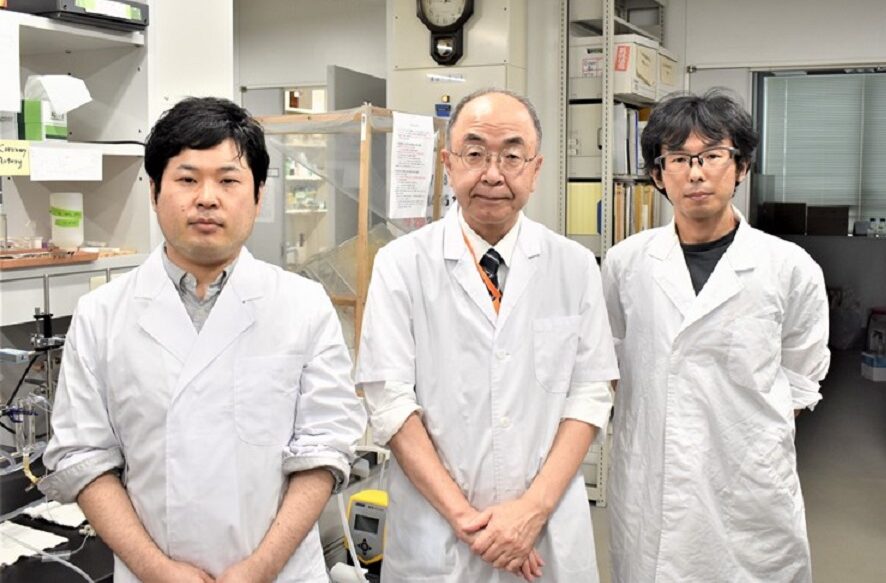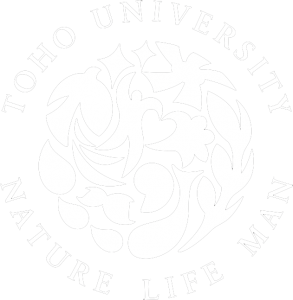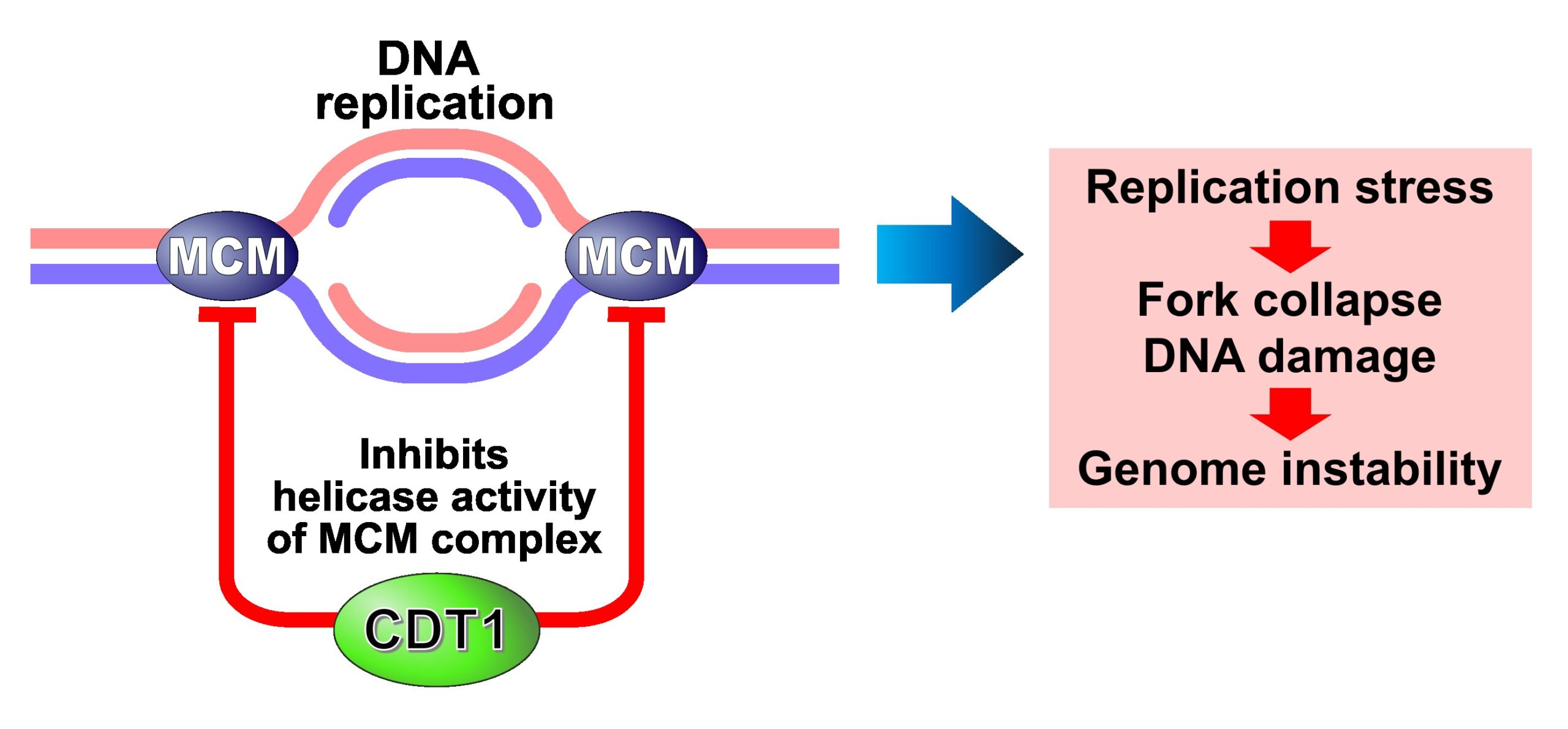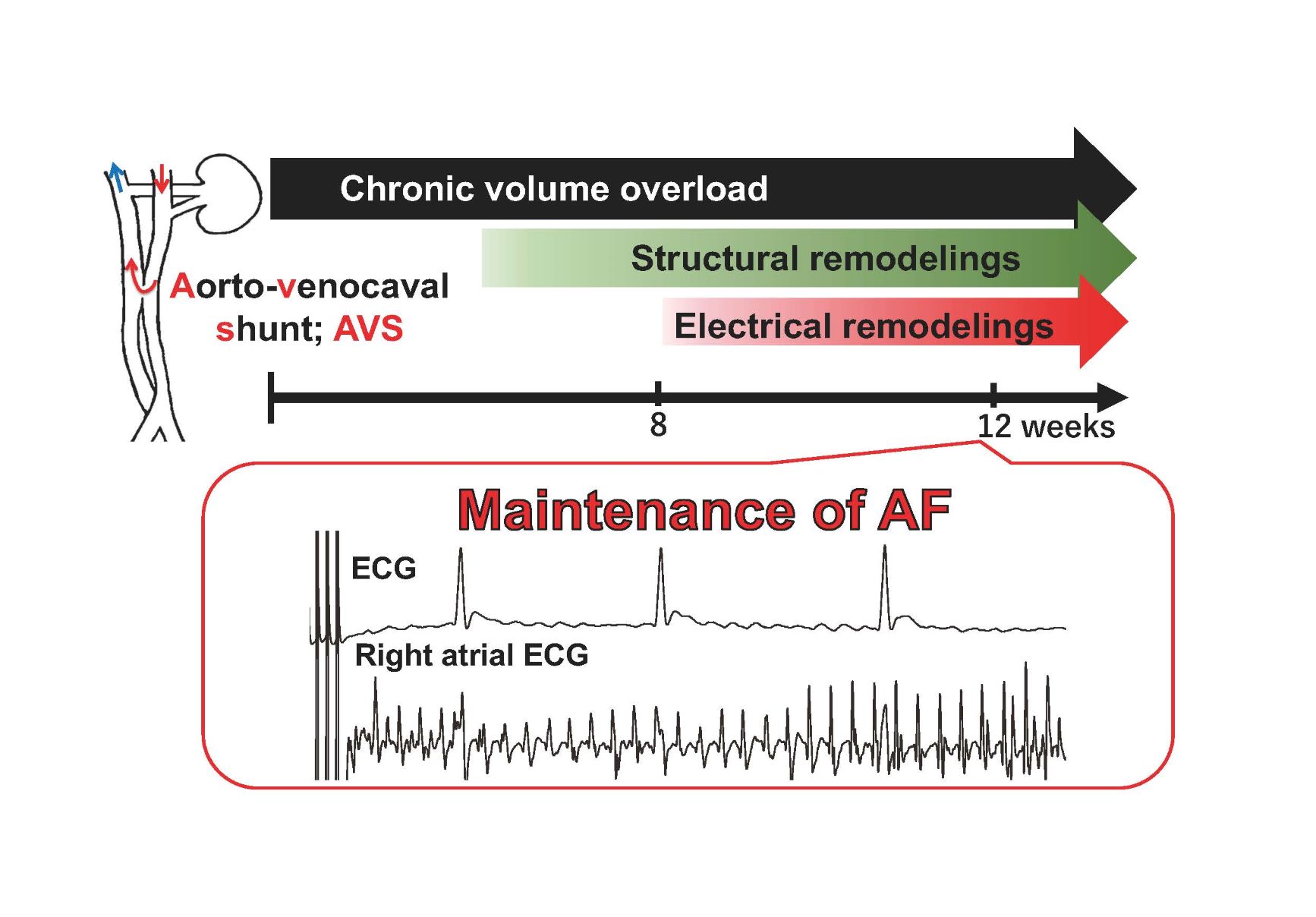April 30, 2025
A Natural Compound Found in Rice and Coffee May Help Relax Heart Arteries: Ferulic Acid Prevents Artery Spasms through Two Different Mechanisms
Sudden narrowing of the coronary arteries—called coronary artery spasms—can lead to chest pain (angina), heart attacks, and other serious heart problems. Now, a research group led by Dr. Kento Yoshioka, Dr. Keisuke Obara, and Professor Yoshio Tanaka from the Department of Chemical Pharmacology, Faculty of Pharmaceutical Sciences, Toho University, has discovered that ferulic acid, a natural compound found in rice, coffee, and certain vegetables, can help prevent these spasms in two different ways.
Using porcine (pig) coronary arteries, which closely resemble human heart arteries, the researchers found that ferulic acid significantly reduced artery contractions caused by chemical triggers.
The study revealed two key actions of ferulic acid:
1. It blocks calcium from entering muscle cells through L-type calcium channels, which normally cause the arteries to contract.
2. Even when calcium isn’t involved, it still prevents artery tightening by stopping a specific protein (myosin light chain) from being activated, which is essential for muscle contraction.
Surprisingly, ferulic acid was sometimes even more effective than diltiazem, a widely used medication for relaxing blood vessels.
“Because ferulic acid is plant-based and considered safe, it may have potential as a health food ingredient or even as a foundation for future heart medications,” said lead researcher Dr. Kento Yoshioka.
This research opens the door to new, natural ways of supporting heart health—possibly through diet or supplements in the future.
Using porcine (pig) coronary arteries, which closely resemble human heart arteries, the researchers found that ferulic acid significantly reduced artery contractions caused by chemical triggers.
The study revealed two key actions of ferulic acid:
1. It blocks calcium from entering muscle cells through L-type calcium channels, which normally cause the arteries to contract.
2. Even when calcium isn’t involved, it still prevents artery tightening by stopping a specific protein (myosin light chain) from being activated, which is essential for muscle contraction.
Surprisingly, ferulic acid was sometimes even more effective than diltiazem, a widely used medication for relaxing blood vessels.
“Because ferulic acid is plant-based and considered safe, it may have potential as a health food ingredient or even as a foundation for future heart medications,” said lead researcher Dr. Kento Yoshioka.
This research opens the door to new, natural ways of supporting heart health—possibly through diet or supplements in the future.

From left: Dr. Keisuke Obara, Dr. Yoshio Tanaka, Dr. Kento Yoshioka
-1024x768.jpg)
A schematic summary of this study
Journal:
Journal of Pharmacological Sciences (April 24, 2025)
Title:
Inhibitory effects of ferulic acid on the contraction responses of porcine coronary arteries: a comparison with diltiazem
Authors:
Kento Yoshioka, Keisuke Obara, Yilin Luo, Qianghaodi Hong, Ayaka Fujiwara, Wakaba Kinami, Hideaki Ozawa, Yoshio Tanaka
DOI: 10.1016/j.jphs.2025.04.006
Abstract URL: https://doi.org/10.1016/j.jphs.2025.04.006
READ MORE RESEARCH NEWS - PHARMACEUTICAL SCIENCES
ACADEMICS
Undergraduate Programs
– Medicine
– Pharmaceutical Sciences
– Science
– Nursing
– Health Science
Graduate Programs
–Medicine
–Pharmaceutical Sciences
–Science
–Nursing
Undergraduate Programs
– Medicine
– Pharmaceutical Sciences
– Science
– Nursing
– Health Science
Graduate Programs
–Medicine
–Pharmaceutical Sciences
–Science
–Nursing
RESEARCH
– News
– Guidelines & Policies
– Support Offices
– Facilities
– Security Export Control
Non-Degree Programs
– Clinical Elective Program
– International Physician Observership Program



.jpg)
